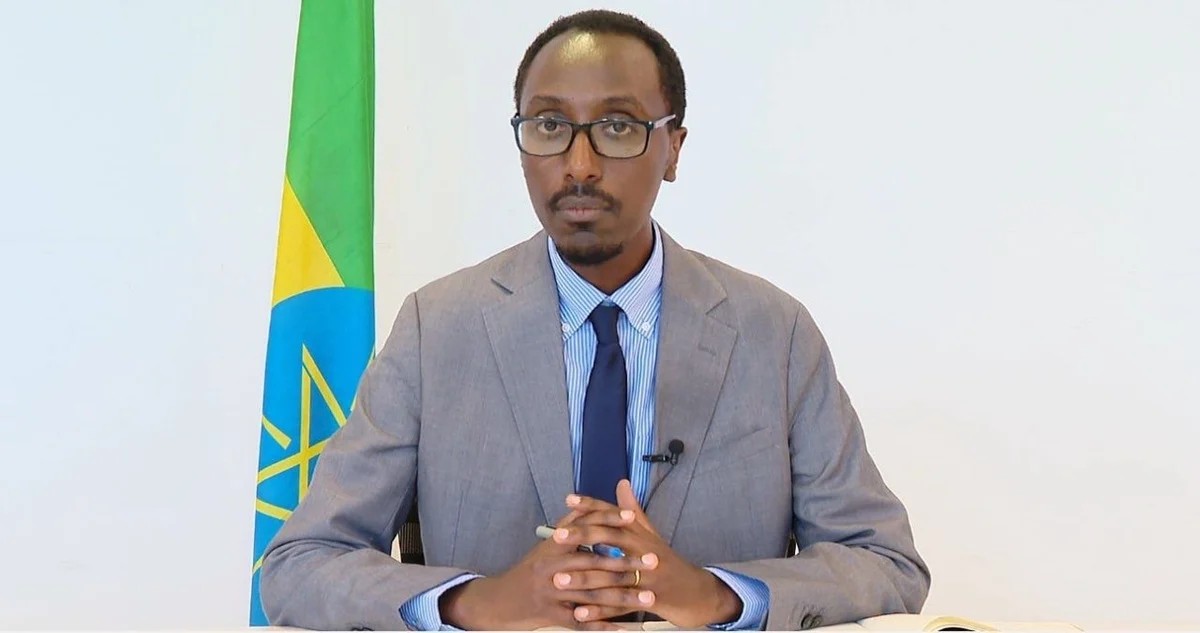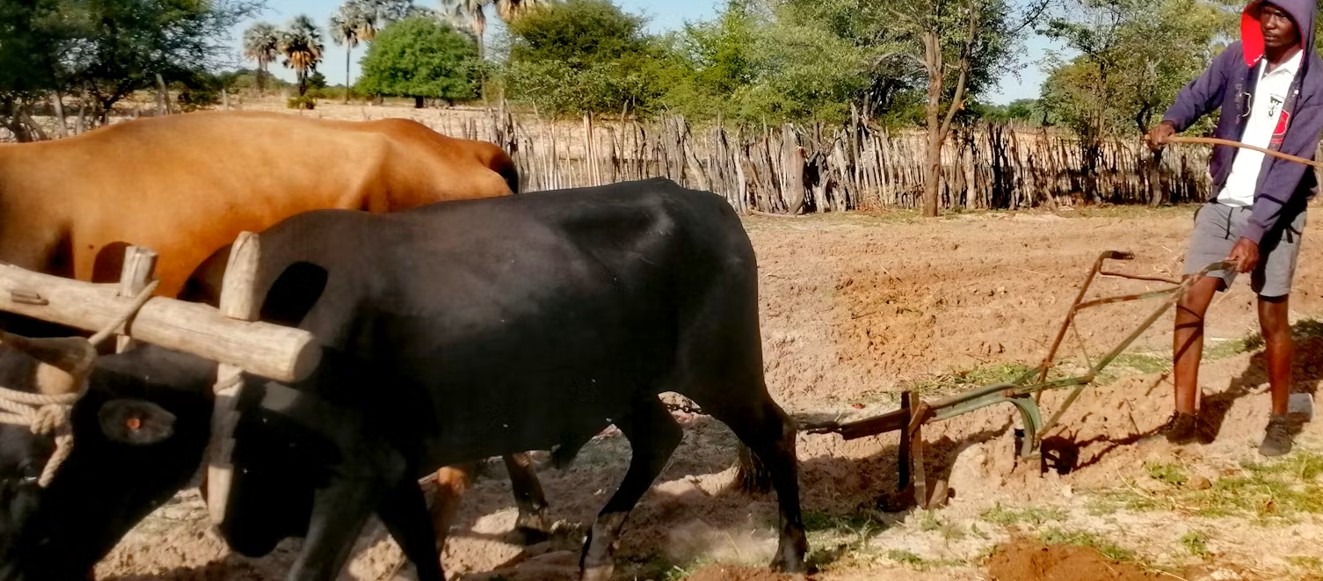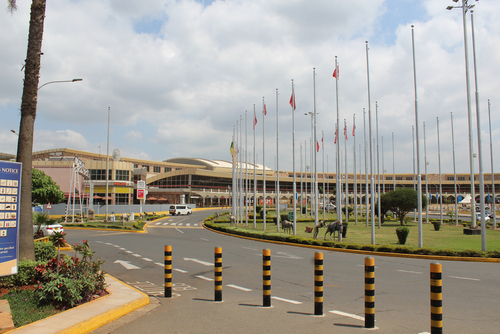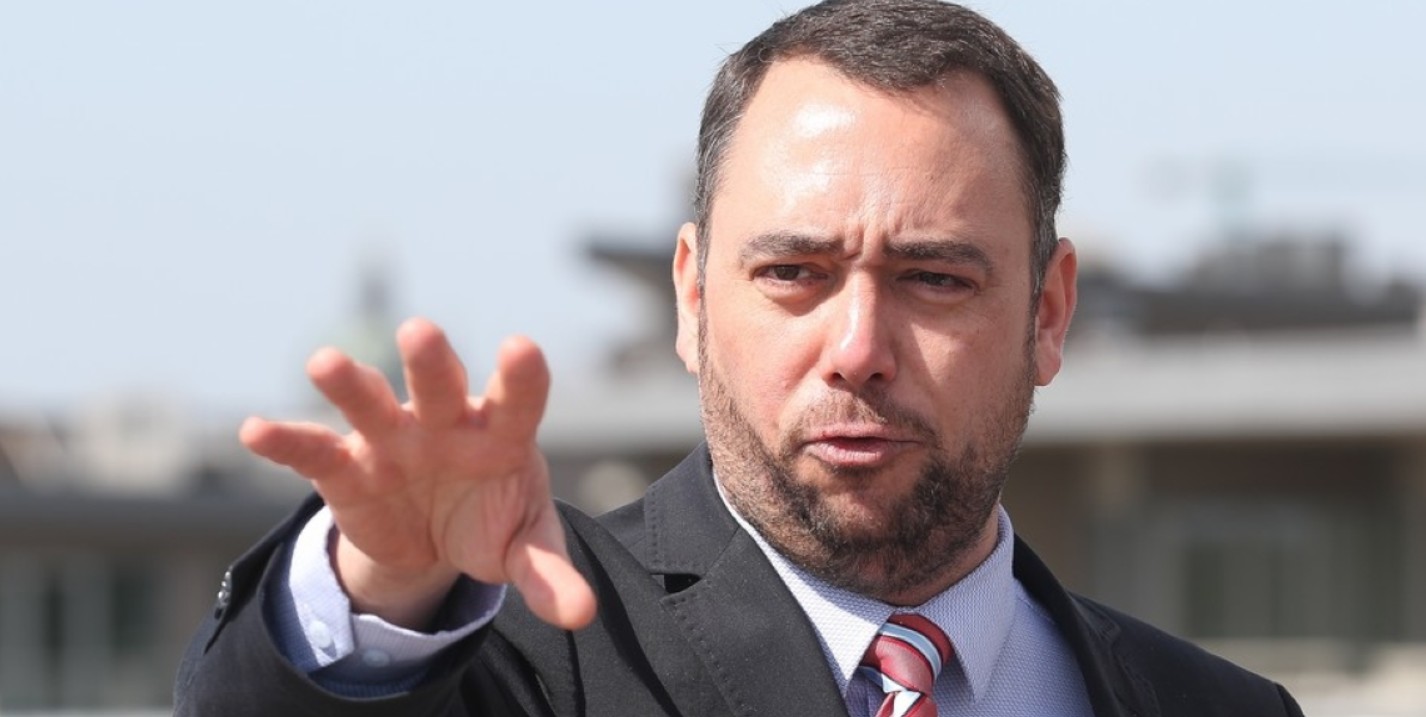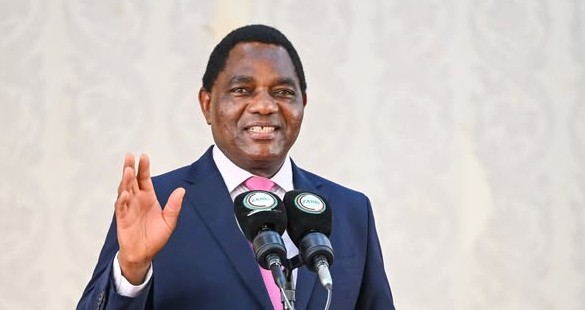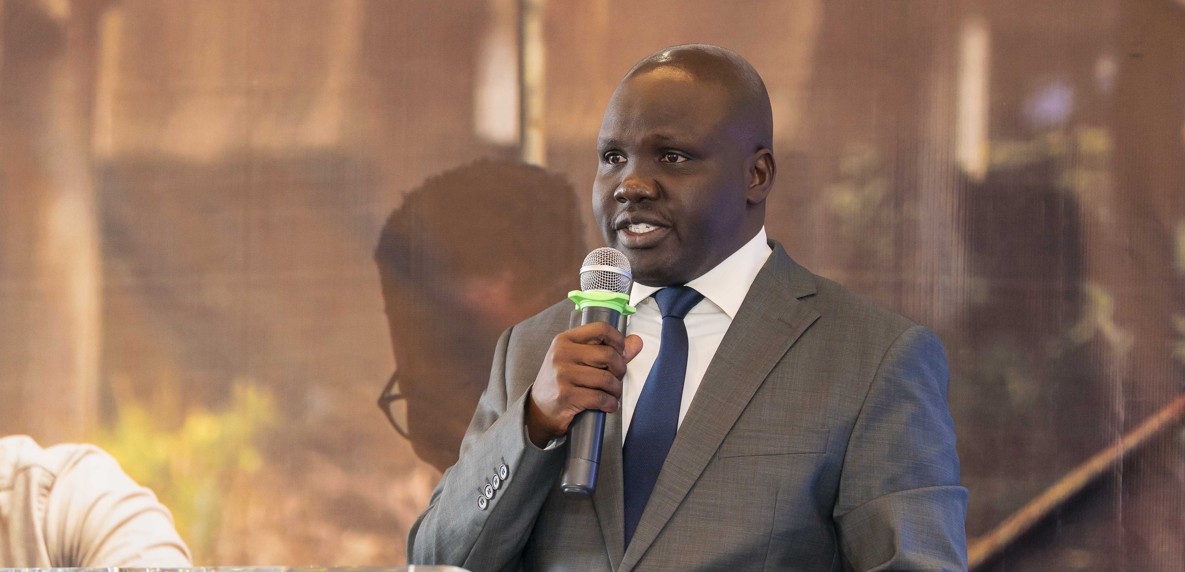Why political appointees may soon lose dominance in Kenya’s foreign missions
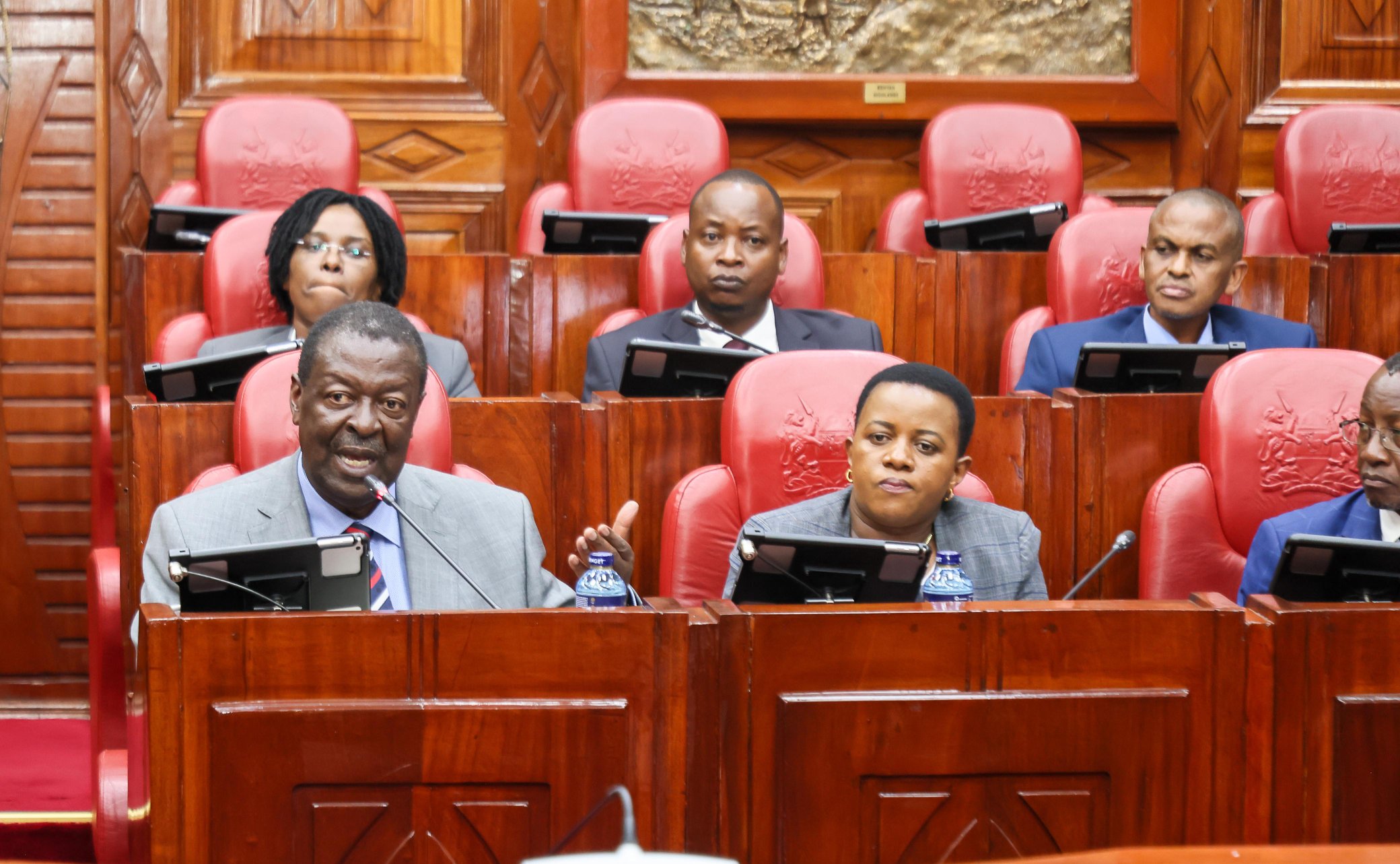
The policy, currently under review, seeks to reserve at least 70 per cent of all foreign mission postings for career diplomats who have risen through the ranks of the foreign service.
The government is developing a sessional paper that will overhaul how diplomats are appointed, aiming to prioritise career diplomats over political appointees.
According to Prime Cabinet Secretary Musalia Mudavadi, the policy, currently under review, seeks to reserve at least 70 per cent of all foreign mission postings for career diplomats who have risen through the ranks of the foreign service.
More To Read
- Last of Uhuru's ambassadors end their tours as Ruto's foreign service shake-up continues
- Ruto announces new parastatal board chairpersons
- Cabinet Secretaries announce fresh state appointments across various ministries
- Vetting of Ruto’s nominees to key diplomatic roles to be done on April 7
- Weakened shilling leaves Kenya’s diplomatic missions struggling with operations, staff welfare
- Kenya eyes Sh34.92 billion overhaul of diplomatic missions by 2028
He noted that the remaining 30 per cent will be open to non-career diplomats, but only those with proven experience and fresh perspectives capable of contributing to Kenya’s global engagements.
Speaking before the Senate Standing Committee on National Security, Defence, and Foreign Relations on Wednesday, Mudavadi explained that the sessional paper, which has already undergone public participation through the National Assembly, will guide Kenya’s foreign and diaspora policy. The reform seeks to reduce the number of political appointees in diplomatic roles, giving more weight to professional diplomats.
“We don’t want to make foreign affairs a dumping ground, but we would like to put our best foot forward in terms of our representation in diplomatic circles,” Mudavadi said.
“This is a major issue, and we have integrated it in the sessional paper to maintain proper professionalism.”
The Prime CS clarified that even these non-career diplomats must be experienced individuals, offering new ideas and approaches from outside the diplomatic field.
“This will be our position going forward to guide future nominations or appointments in diplomatic missions,” Mudavadi added.
The announcement follows concerns raised by nominated Senator Catherine Mumma and Nairobi Senator Edwin Sifuna regarding the dominance of political appointees in diplomatic positions. Mumma questioned whether Kenya has a national policy on the balance between career diplomats and political appointees.
“My question is premised on the fact that international diplomatic relations are a very serious issue, and sometimes, we see more politically appointed ambassadors than career diplomats,” Mumma said.
“So, we want to know whether we have a policy that guides the ratio.”
Sifuna echoed the concerns, questioning the qualifications of non-career diplomats appointed to foreign missions and their ability to represent Kenya effectively.
“People are asking whether the people we second to the foreign missions to run our foreign affairs should be the calibre of retired politicians and others, and that our foreign missions have been turned into dumping grounds for non-professional diplomats,” Sifuna said.
“What is the government’s position on this, and do you think that the men and women we send to the foreign missions are up to the task?”
Non-career diplomats
The debate follows President William Ruto’s nomination of non-career diplomats for key diplomatic roles earlier this year. The appointments included former ministers and public officers, such as Lawrence Karanja, who was appointed as ambassador to Brazil, and former Sports Minister Ababu Namwamba, who was nominated as permanent representative to the United Nations Environment Programme and United Nations Office at Nairobi.
Other notable appointees included ex-Deputy Inspector-General Noor Gabow, who was appointed Consul-General to Haiti and Margaret Nyambura Ndung’u, who was nominated as High Commissioner to Ghana but declined her post.
Mudavadi clarified that the 30 per cent quota for non-career diplomats is designed to infuse fresh ideas from outside the diplomatic system, ensuring that Kenya’s foreign service remains dynamic.
“We should not necessarily be incestuous permanently in this context, but be able to infuse with other people,” he said.
In addition to reforming diplomatic appointments, Mudavadi decried the issue of underfunding of Kenya’s diplomatic missions, acknowledging that inadequate budget allocations have often placed diplomats in embarrassing situations.
He revealed that the sessional paper also seeks to strengthen the foreign affairs docket by entrenching it under the National Security Council framework to address budgetary challenges.
“Constitutionally, matters of foreign affairs are in the National Security Council. We want to correct this so that future budgeting processes will be within that category to give an opportunity for higher ceilings within the budgetary framework,” Mudavadi said.
He further warned that underfunding of diplomatic missions could pose a national security risk, with potential consequences if diplomats resort to leaking sensitive information due to financial pressures.
“We must make sure resource allocations to our missions are adequate so that we don’t put them in trouble,” he said.
“This could be a national security risk if diplomatic missions are underfunded because there could be a temptation to leak crucial information for some gain, and this could be dangerous.”
Mudavadi was responding to a question from Senator Sifuna, who had raised concerns about the poor staffing in some diplomatic missions, specifically in the consulates in Los Angeles and New York.
The sessional paper, which will include input from Parliament, marks a significant departure from previous policies where foreign and diaspora policy was exclusively handled by the Executive.
Mudavadi confirmed that the input of MPs will play a central role in shaping the new diplomatic policy, ensuring greater accountability and professionalism in Kenya’s diplomatic appointments.
Top Stories Today

